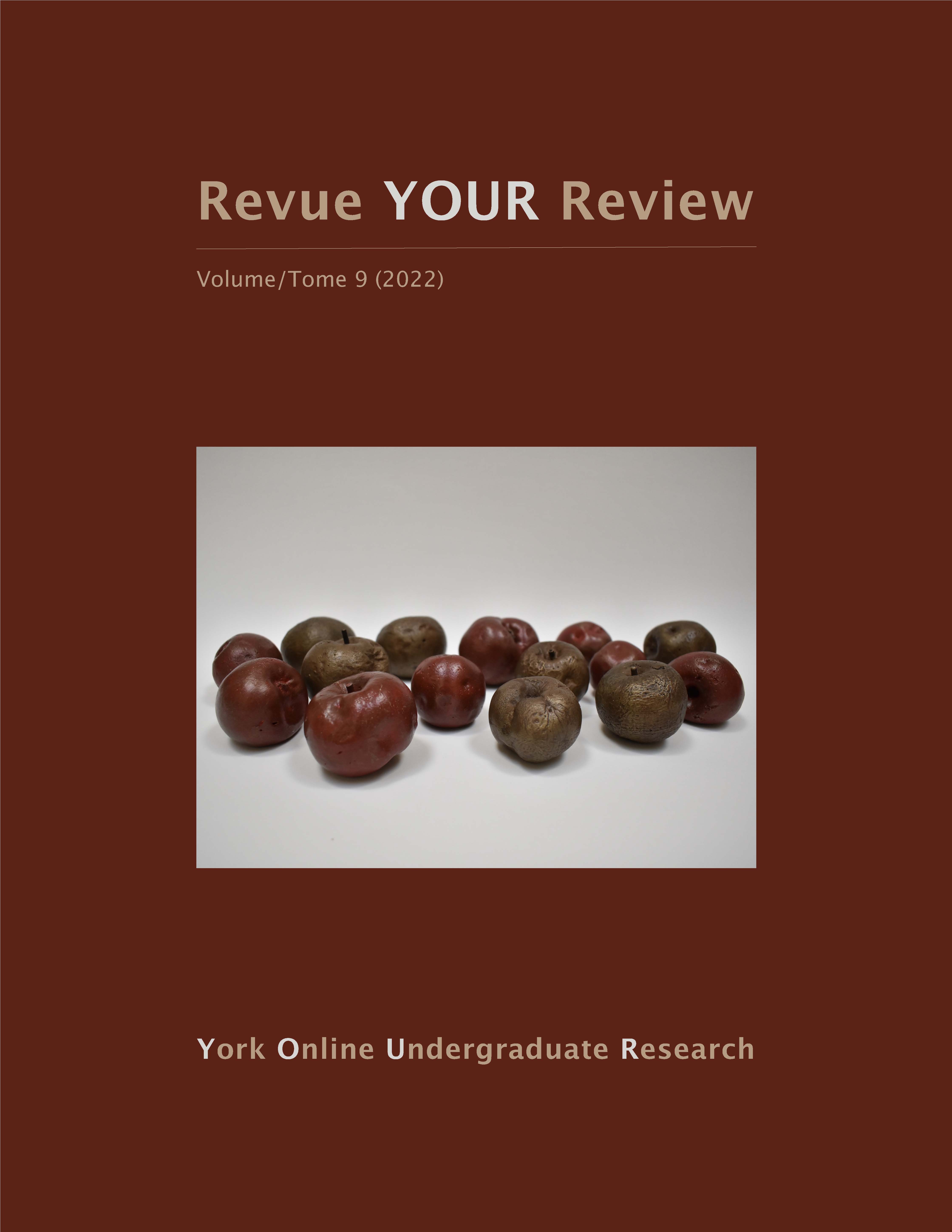Challenges for Children with Epilepsy and the Need for Specialized Transition Programs
Abstract
This literature review analyzes current research about children with epilepsy and the necessity for specialized transition care programs. It focuses on transition care programs in Canada, which assist individuals with chronic illnesses to switch from a pediatric healthcare model to an adult healthcare model. It explores challenges faced by children with epilepsy that make maintenance of the condition variable for every individual, and how these challenges contribute to the necessity for transition care programs. Despite multiple initiatives across Canada that advocate for the need for transition care programs due to the cognitive, psychological, and developmental challenges children with epilepsy experience, results demonstrate that transition programs are often temporary, and more programs need to be implemented to be available to families of children with epilepsy. Due to the complex nature of epilepsy, the age of transition with its increased risk of psychological and cognitive challenges, and often additional comorbidities, specialized transition programs are required to ensure optimal treatment is maintained. It is crucial that healthcare professionals be equipped with the skills for planning around special healthcare needs, follow evidence-based transition plans, and ensure access to services for individuals going through transition. Results also show transitioning youth are unprepared and parents are not informed about transition programs. Multiple resources found facets of a good transition program include a multidisciplinary team, collaboration between healthcare and families, a family-centred approach, educating families and patients on condition, and a unique plan for each individual. Future research should further explore and define the qualities of a successful transition care program.
Downloads
Published
How to Cite
Issue
Section
License

This work is licensed under a Creative Commons Attribution-NoDerivatives 4.0 International License.
Authors contributing to Revue YOUR Review agree to release their articles under one of three Creative Commons licenses: Creative Commons Attribution 4.0 International; Creative Commons Attribution-NonCommercial 4.0 International; or Creative Commons Attribution-NoDerivatives 4.0 International. All editorial content, posters, and abstracts on this site are licensed under Creative Commons Attribution-NoDerivatives 4.0 International. For further information about each license, see:
https://creativecommons.org/licenses/
In all cases, authors retain copyright of their work and grant the e-journal right of first publication. Authors are able to enter into other contractual arrangements for the non-exclusive distribution of the e-journal's published version of the article (e.g., post it to an institutional repository or publish it in a book or in another journal), with an acknowledgement of its initial publication in this e-journal.


